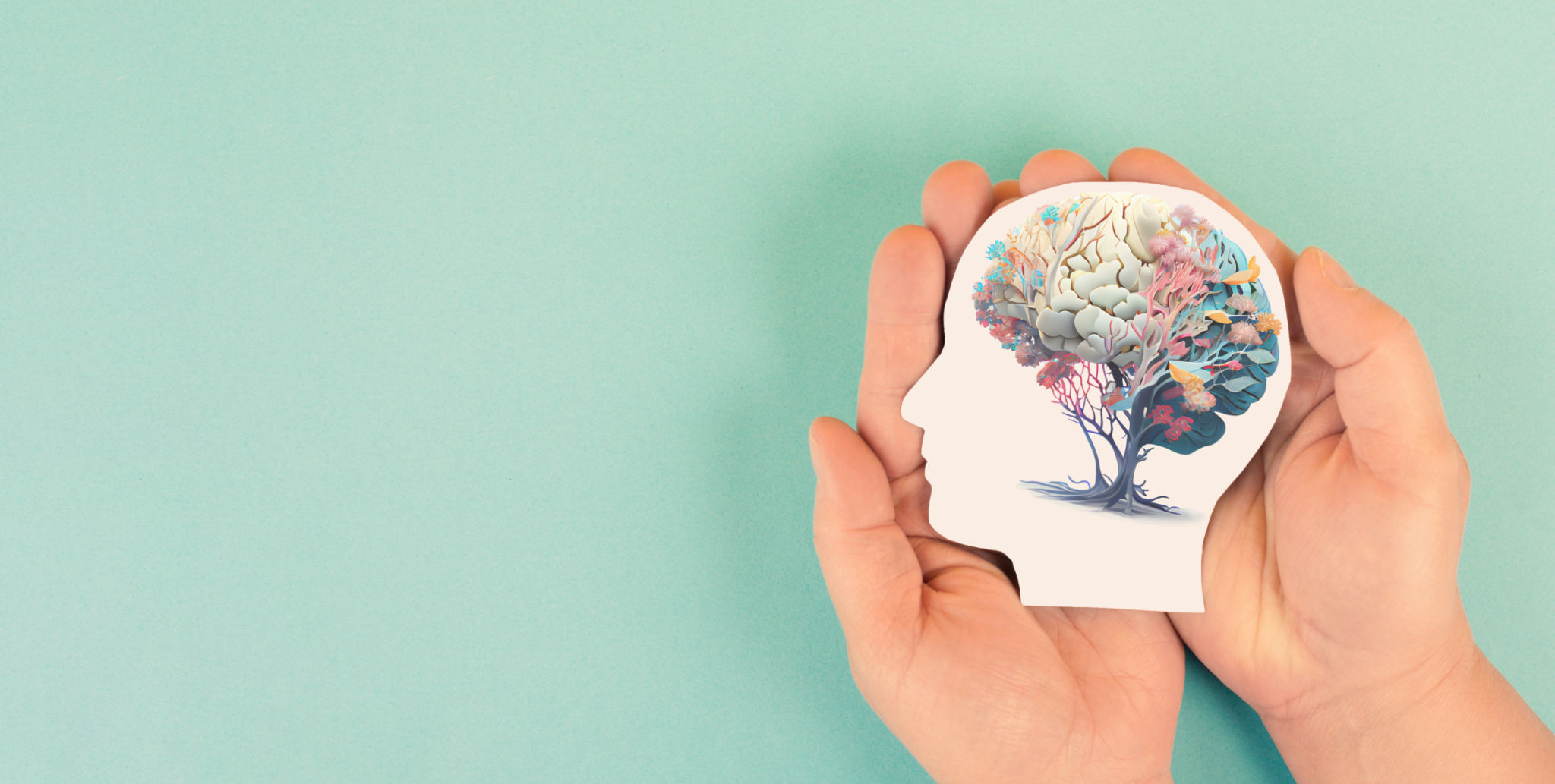Case Study: Success Stories in Testosterone Replacement Therapy
Introduction to Testosterone Replacement Therapy
Testosterone Replacement Therapy (TRT) has become a popular treatment for men experiencing low testosterone levels, also known as hypogonadism. This therapy aims to restore testosterone levels to a normal range, alleviating symptoms such as fatigue, decreased libido, and mood changes. In this blog post, we will explore some compelling success stories of individuals who have benefited from TRT.

The Science Behind Testosterone Replacement Therapy
Before diving into the success stories, it's important to understand the science behind TRT. Testosterone is a vital hormone responsible for various functions in the male body, including muscle and bone health, fat distribution, and sexual function. With age or due to certain medical conditions, testosterone production can decline, leading to several health issues.
TRT involves the administration of testosterone through injections, patches, gels, or pellets. The goal is to restore hormonal balance and improve the quality of life for those affected by low testosterone levels.
Case Study 1: A Renewed Energy
One of the most common symptoms of low testosterone is chronic fatigue. John, a 45-year-old accountant, struggled with constant tiredness that affected his productivity and family life. After starting TRT, John reported a significant improvement in his energy levels. He felt more alert during work hours and had the stamina to engage in activities with his children.
This renewed energy not only enhanced his professional performance but also enriched his personal relationships. John's experience highlights how TRT can help individuals regain control over their daily lives.

Case Study 2: Revitalized Personal Relationships
Low libido and erectile dysfunction are sensitive issues that many men face as a result of decreased testosterone. For Mike, a 52-year-old marketing executive, these issues put a strain on his marriage. After consulting with his doctor and starting TRT, Mike experienced a significant improvement in his sexual health.
His revitalized libido and improved performance rekindled the intimacy in his relationship with his wife. This case study demonstrates how TRT can positively impact not only physical health but also emotional connections.
Case Study 3: Improved Mental Well-being
Beyond physical symptoms, low testosterone can also affect mental health, leading to depression and anxiety. David, a 38-year-old teacher, experienced persistent mood swings and a lack of motivation. These symptoms took a toll on his career and social life.
With TRT, David noticed a remarkable change in his mental well-being. He felt more positive, motivated, and able to engage with his students effectively. This improvement in mood underscores the holistic benefits of TRT.

Considerations and Potential Risks
While these success stories are encouraging, it's important to note that TRT is not suitable for everyone. Potential side effects include sleep apnea, acne flare-ups, and increased red blood cell count. Therefore, thorough evaluation and monitoring by a healthcare professional are essential when considering TRT.
Consultation with a healthcare provider is crucial to determine if TRT is appropriate for an individual's specific needs and health conditions.

Conclusion: A Pathway to Better Health
The success stories in testosterone replacement therapy illustrate its potential to significantly improve the lives of men suffering from low testosterone levels. By addressing both physical and emotional symptoms, TRT offers a comprehensive approach to enhancing overall well-being.
If you or someone you know is experiencing symptoms associated with low testosterone, consider discussing TRT with a healthcare professional. As these case studies show, TRT could be a pathway to renewed vitality and improved quality of life.